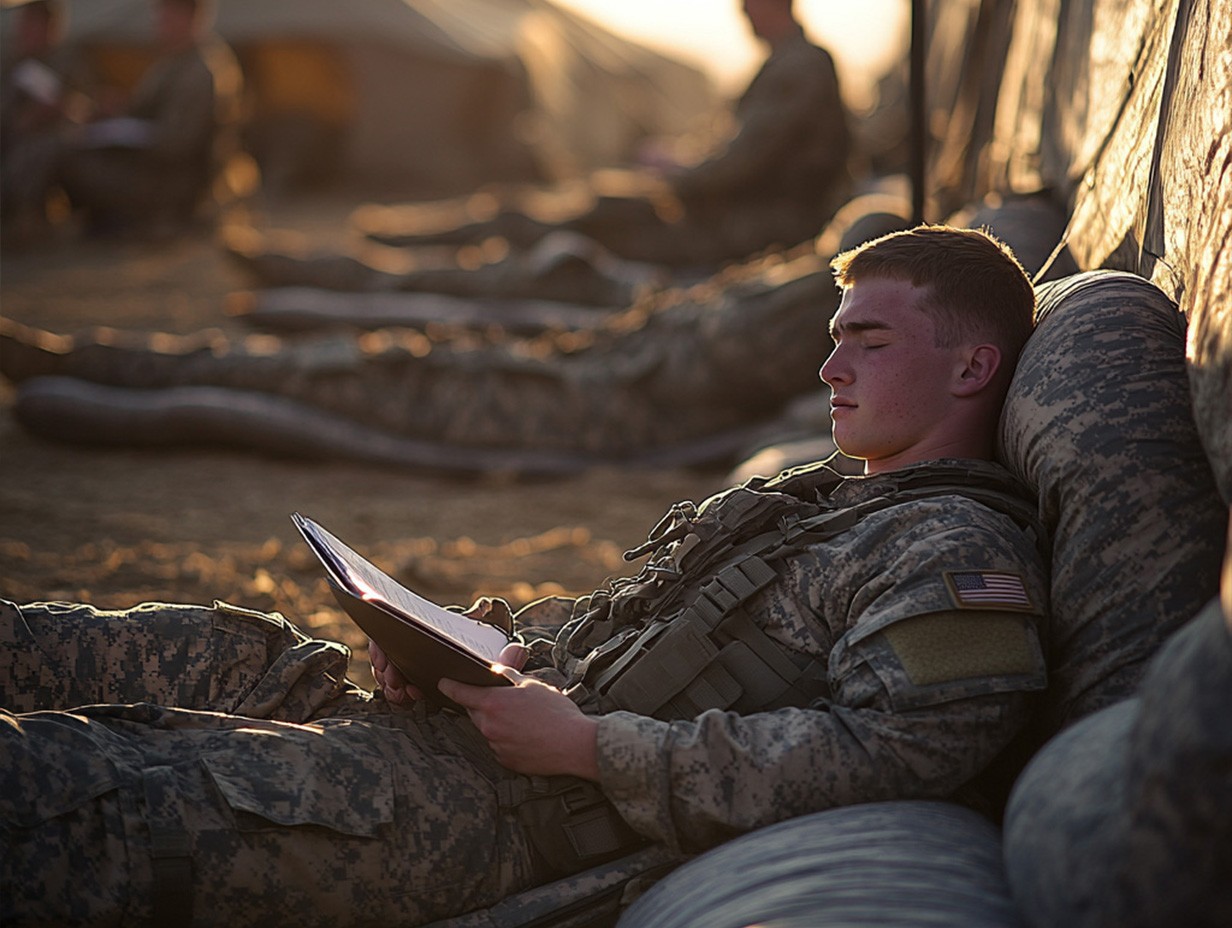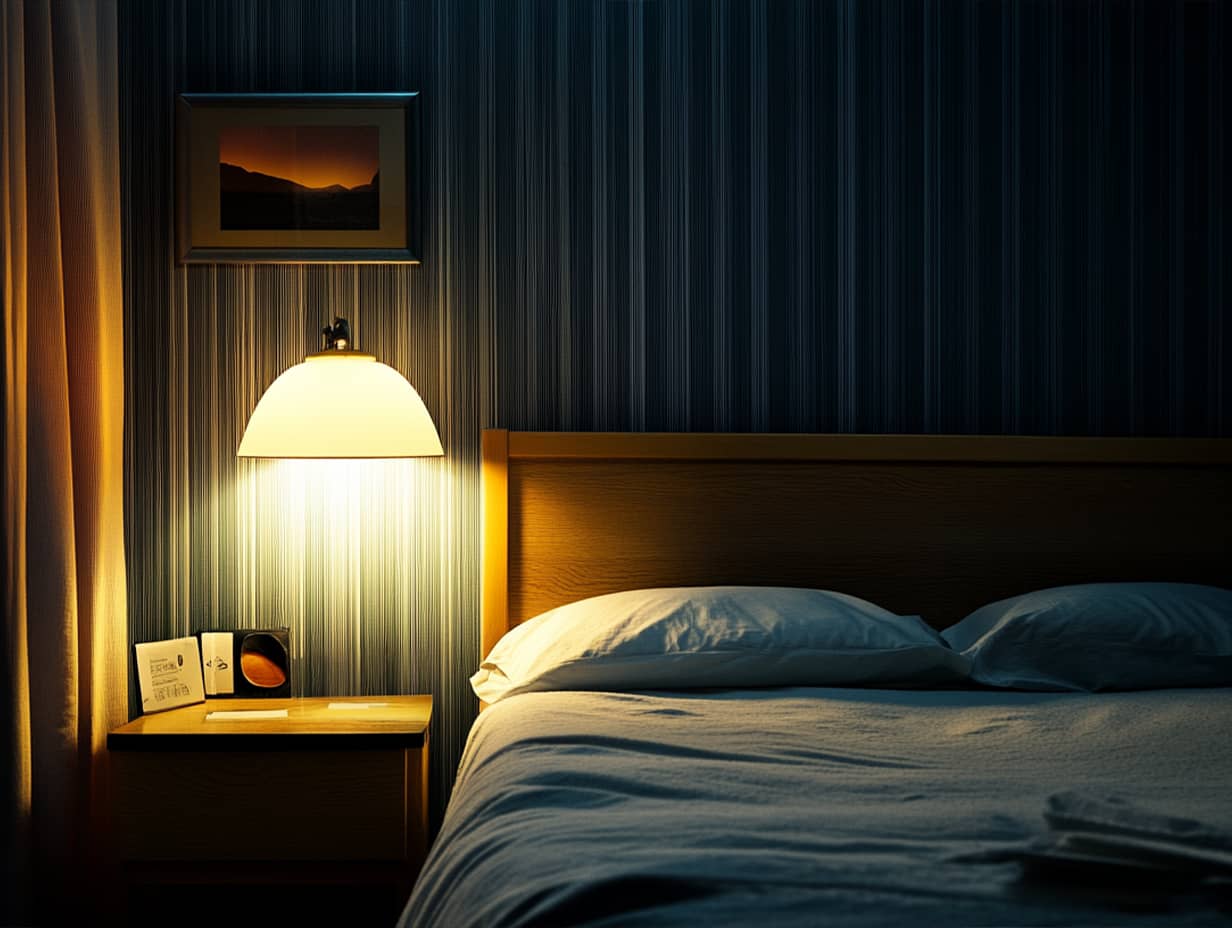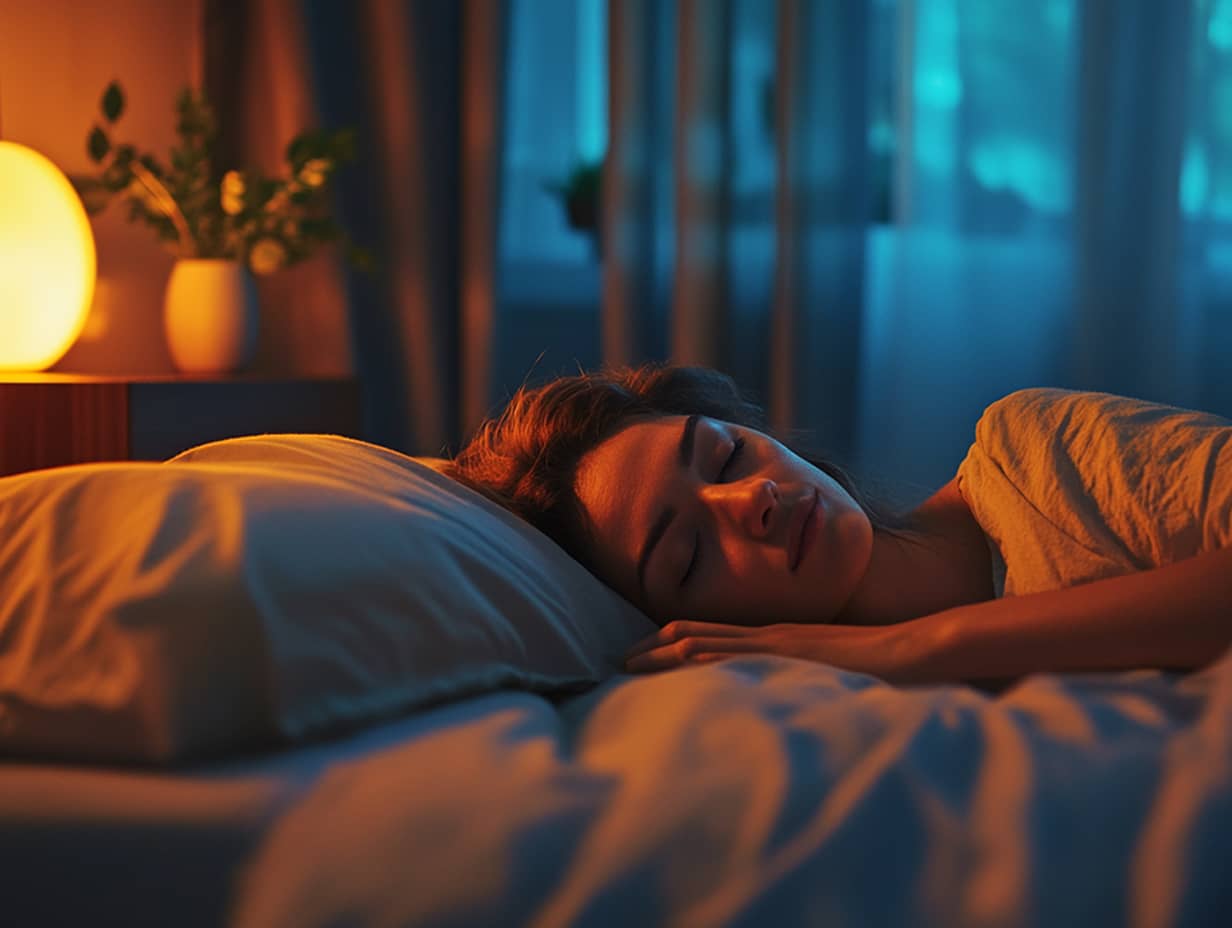Sleep Health and First Responder Performance and Safety
Sleep Health
Oct 7, 2024
Share this blog:
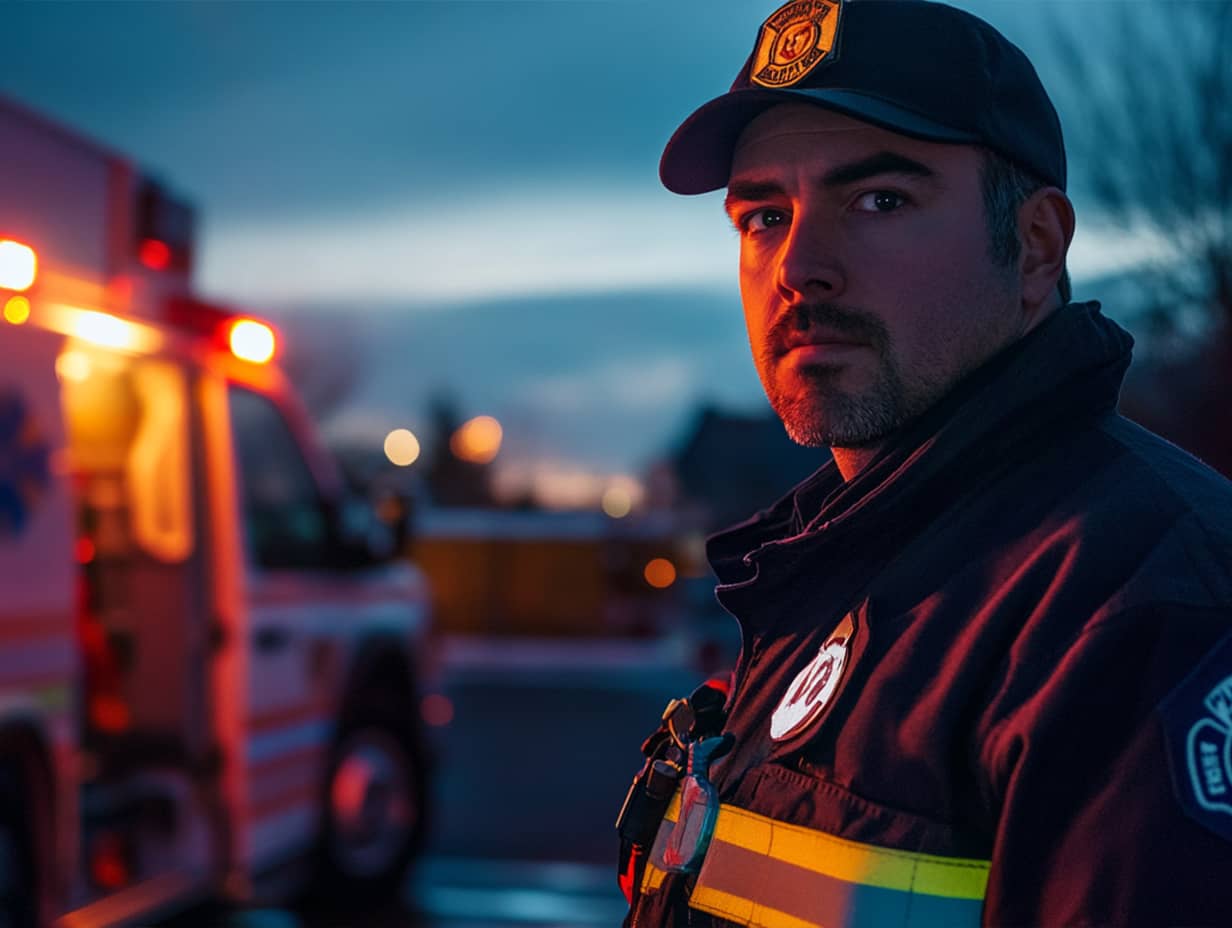
The Critical Role of Sleep for First Responders
Imagine a firefighter, 20 hours into a grueling shift, facing a split-second decision that could mean life or death. As flames engulf a building, fatigue clouds their judgment, slowing reaction times and impairing decision-making. This scenario isn't only dramatic - it's a reality many first responders face daily.
These workers encounter unique sleep challenges that impact their performance and safety. Irregular shift patterns, extended work hours, and the constant readiness state disrupts circadian rhythms. The unpredictable nature of emergencies leads to abrupt awakenings and interrupted sleep cycles, which can further compromise sleep health.
Here's the critical point: adequate sleep is more than crucial for first responders. It's crucial for their performance and safety. Sleep plays a vital role in:
Maintaining cognitive sharpness for quick decision-making
Sustaining physical endurance during long, demanding shifts
Managing stress and emotional resilience in high-pressure situations
Emergency workers can enhance their ability to serve and protect by prioritizing sleep health. It's time we recognize sleep as a fundamental aspect of their training and support. Adequate sleep ensures they're at their best when their lives are on the line.
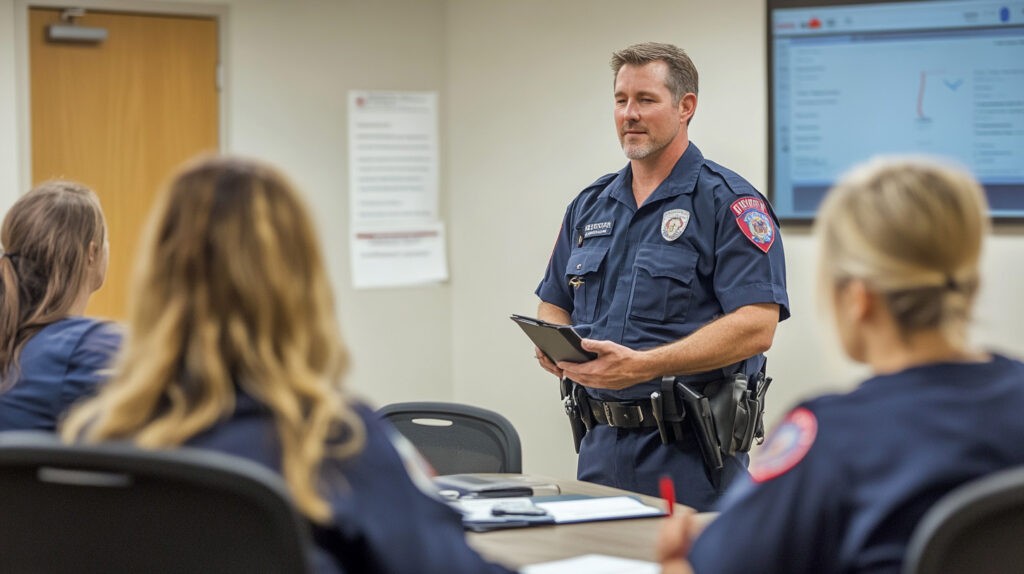
The Science of Sleep Deprivation in High-Stress Occupations
Let's explore the science behind sleep deprivation's effects on first responders. When we don't get enough sleep, our brain’s function takes a serious hit. Think of it this way: Your brain is an engine, and sleep is the oil that keeps it running. Without enough sleep, that engine starts to sputter.
This cognitive decline can be particularly dangerous. Decision-making abilities become impaired, and reaction times slow down. Imagine a firefighter trying to navigate a building or a paramedic administering care. Every second counts and sleep deprivation can make those seconds dangerously long.
The relationship between sleep and cognitive performance is clear: as sleep debt accumulates, our ability to think clearly, process information, and respond quickly diminishes. This is more than just feeling groggy. It's about a measurable decrease in cognitive function that can put lives at risk.
But the effects don't stop there. Chronic sleep deprivation can lead to long-term health consequences for first responders, including:
Increased risk of cardiovascular disease
Weakened immune system
Higher rates of obesity and type 2 diabetes
Accelerated cognitive aging
It’s important to understand that sleep is about more than resting. During sleep, your brain washes away the day’s waste. During this time it prepares itself for the day’s challenges ahead.
Sleep's Impact on Physical Performance and Safety
When it comes to sleep and performance, first responders need to understand that their physical capabilities are tied to their sleep health. Performance-enhancing sleep is about mental acuity. It maintains physical strength and endurance during long and demanding shifts.
Research shows that sleep deprivation can reduce muscle strength and aerobic capacity. Firefighters need to move heavy equipment, and paramedics need to perform CPR. A decrease in physical performance could mean the difference between life and death. Moreover, the relationship between sleep and injury risk is stark. Studies indicate that first responders operating on insufficient sleep are at a higher risk of injuries.
Perhaps one of the most critical aspects of sleep and first responder safety is its impact on driving. Emergency vehicle operators often need to navigate high-stress situations at high speeds. Sleep deprivation impairs reaction times and decision-making abilities increasing the risk of accidents. Being awake for 18 hours straight can impair driving skills as much as a blood alcohol content of 0.05%.
Adequate sleep enhances physical strength and endurance
Sleep deprivation increases injury risk on the job
Driving skills are severely impacted by lack of sleep
By prioritizing sleep health, emergency responders can ensure they're prepared for the demands of their job. They'll reduce the risk of injuries and accidents and provide better service to their communities.
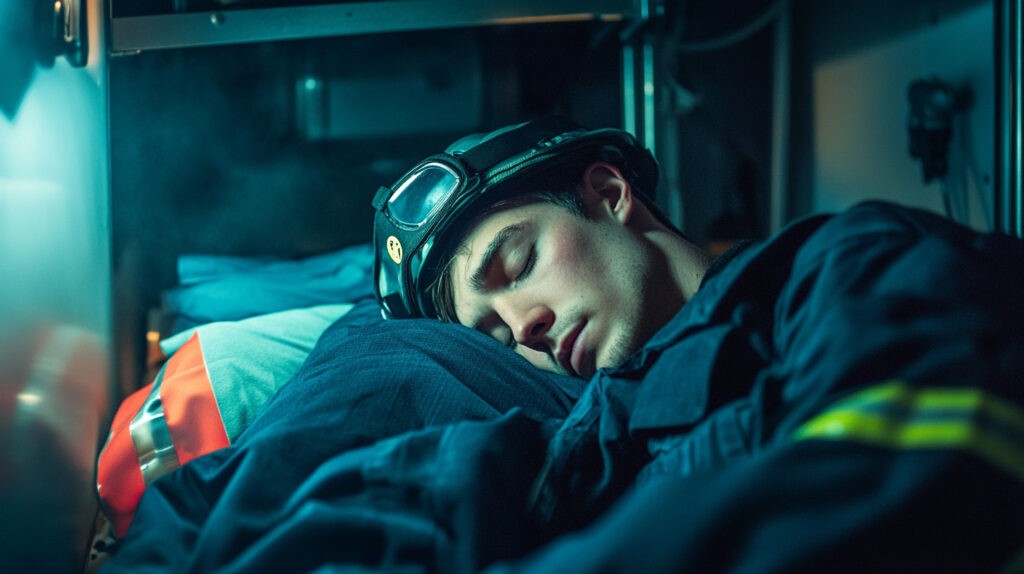
Mental Health and Emotional Resilience: The Sleep Connection
As first responders, it's important to manage stress and maintain emotional resilience. You might not realize that your sleep health plays a pivotal role in this equation. Let's explore how to manage sleep for mental health and job performance.
First and foremost, performance-enhancing sleep is your secret weapon against stress. When you can sustain sleep throughout the night, your brain gets the chance to process and regulate emotions. This means you're better equipped to handle the high-stress situations that come with the job.
But it doesn't stop there. Synchronizing your circadian rhythms can be a powerful tool in preventing burnout and even PTSD. Here's why:
Consistent sleep patterns help stabilize mood and reduce anxiety
Deep sleep stages are crucial for emotional memory processing
Regular sleep cycles support the body's stress response system
Now, let's discuss emotional regulation in high-pressure moments. When your circadian pacemaker is working, you're more likely to remain calm and make clear-headed decisions. Sleep deprivation can amplify emotional responses. This makes it harder to stay composed in challenging situations.
By prioritizing your sleep you're doing more than improving work performance. You're safeguarding your mental health for years to come.
Strategies for Improving Sleep in First-Responder Professions
When it comes to improving sleep for first responders, we need to focus on managing circadian rhythms and protecting the sleep window. Shift work presents unique challenges, but there are effective strategies to enhance sleep health:
Anchor to The Day
On days off and day shifts, synchronize your circadian pacemaker to daytime cues. Get bright light exposure in the morning and avoid blue light 2 hours before bedtime.
Strategic Nappin
Use prophylactic naps before night shifts and be opportunistic about napping during nighttime hours when possible.
Manage Mealtimes
Eat your largest meals during daytime hours. If you must eat during night shifts, keep it small and easily digestible.
Create A Sleep Sanctuary
Ensure your sleeping environment is dark, quiet, and cool. Use blackout curtains and white noise if needed.
Organizations play a crucial role in supporting first responder sleep health. Implementing sleep education programs and providing facilities for strategic napping can impact performance and safety.
Prioritizing Sleep for Safer Communities
As we've explored throughout this article, sleep isn't a luxury for first responders. It's a critical component of their ability to serve and protect our communities. By prioritizing sleep health, we're improving individual performance and enhancing community safety.
It's time for first responders and their organizations to take action. This means actively managing circadian rhythms by creating a sleep-friendly environment for individuals. They should treat sleep as a non-negotiable part of your health regimen. For organizations, it's about implementing policies that support healthy sleep patterns. They can provide education on sleep health and foster a culture that values rest as much as it does active duty.
Remember, every time a first responder sustains sleep, they're better equipped to:
Make split-second decisions under pressure
Maintain physical strength and endurance during long shifts
Manage stress and emotional challenges effectively
Operate emergency vehicles safely
By prioritizing sleep health for our first responders, we're investing in their well-being and the safety of our community. Let's commit to making performance-enhancing sleep a top priority. This will ensure that they’re always at their best when we need them most.
Stay Informed with Dr. Landry's Monthly Health Insights
Subscribe to our monthly newsletter and stay up to date with the latest in sleep science, nutrition to optimize your health and performance. Join our community and take the first step towards a healthier you!
Discover Your Sleep Quality
Free Assesment
Uncover how well you’re really sleeping and get personalized tips to improve your rest and overall health. Take the first step towards better sleep with our free assessment.
